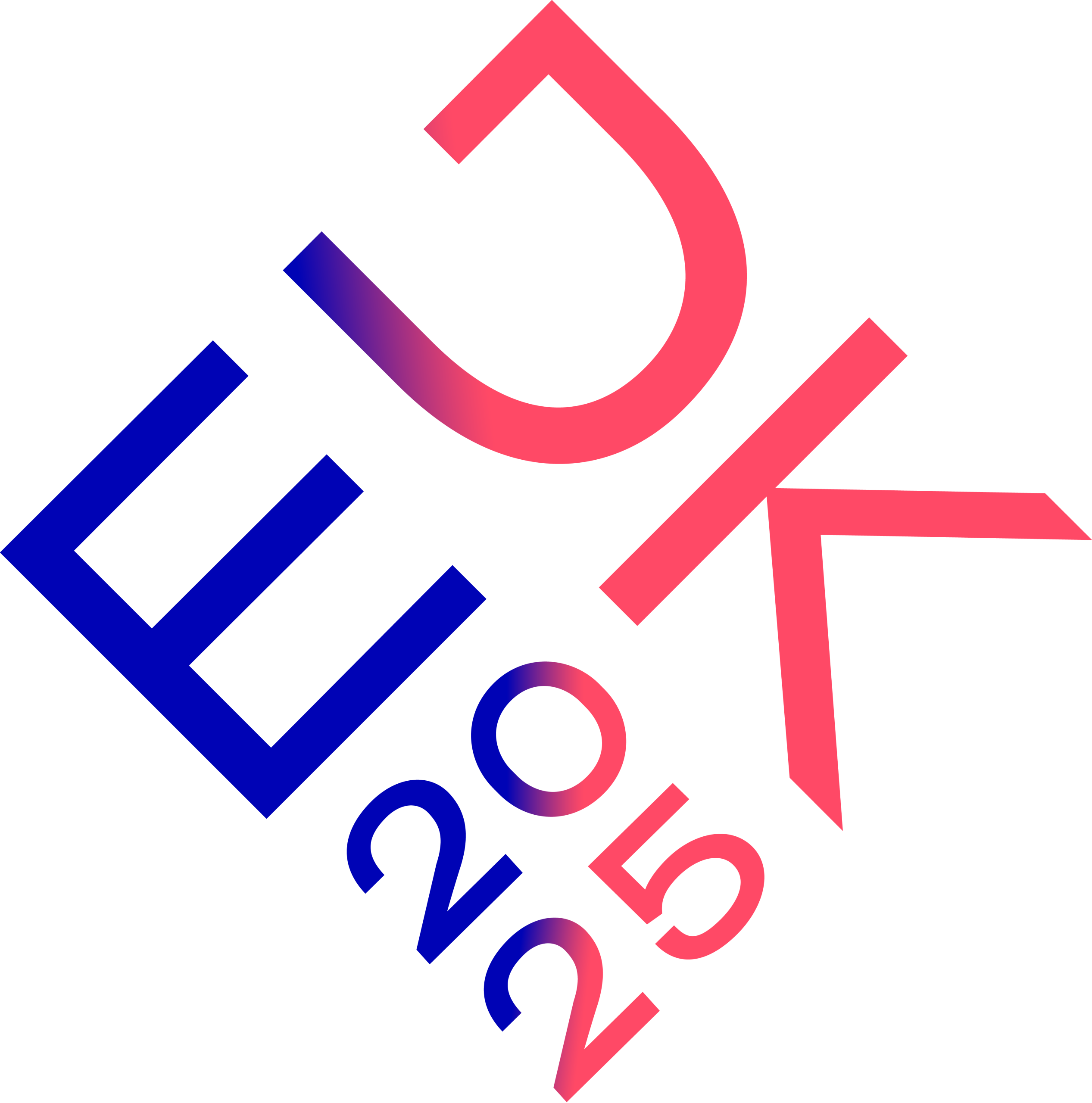The European Public Administration Network (EUPAN) is an informal network of the DGs responsible for public administration in the Member States of the European Union, the European Commission (EC) and observer countries.
Mission
The main objective of the network is to make cooperation among European public administrations more relevant and focused, with clear deliverables and to find an effective way of selecting topics of interest for a common agenda in line with MS and EU level priorities, while also taking into account current developments and debates. The uniqueness of EUPAN lies in its role to facilitate its members in their exchange and sharing of views, experiences, tools and best practices on certain topics and areas of interest. Moreover, EUPAN fosters the development of common tools, activities and/or visions that are utilized among all its members.
Mandate of EUPAN Members
Member States´ representatives (working level, DGs, Ministers) participating in EUPAN on behalf of their public administration represent different Ministries and areas, and have different mandates in their national administration. This adjusts and defines the current areas of cooperation within EUPAN and with the EC. The EC is represented by the DG Human Resources and Security.
Main areas of interest
The network is organised around its main domains, which include human resources management and organisational development, service innovation and delivery, but is also open to further areas of public administration, such as public administration reform implementation, open governance, etc. The direction of EUPAN’s work is determined by two main documents:
- Strategy Paper: defines strategic domains to be managed at a working level during each Presidency with a perspective duration of 3 years.
- Rolling Programme: operates in a fluid 18-month programming perspective and is designed within a perspective of 3 active Presidencies (the present Presidency and the upcoming two Presidencies), the previous Presidency and together with the EC to ensure continuity.
Structure
EUPAN has a well-established structure consisting of various levels of experts in public administration that are delegated to the respective meetings. The core principles & characteristics of the network include a stable structure, informality, flexibility, transparency and consensus.
Informality
EUPAN aims at contributing to efficient, effective and high quality public administration which is responsive to the needs and expectations of their citizens. The uniqueness and strength of EUPAN lies in its informality and in bringing together the cultural and structural diversity of the many public administrations in Europe. EUPAN as a network contributes to the gradual creation of a European administrative space.
Flexibility
EUPAN has a clear and definite organisational structure at three different levels, however due to the necessity to adopt new methods of cooperation and react to changes, the network is open to further flexible collaboration. Should Member States opt to go further, they can organise more in depth peer-to-peer-consultations or knowledge transfer, capacity and expertise in a specific area of public administration reform or modernisation, bilaterally or in smaller groups. The Presidency can transfer its experience to the next Presidency by temporarily exchanging the civil servant(s) involved. The more the network develops a shared vision on topical areas or domains, the more EUPAN can become the reference network and sparring partner in areas of civil service and good public administration at not only the national level, but at the European level as well.
Transparency
The EUPAN website is the channel for communication and dissemination of documents and shall include all necessary information, all of which is also available to the public.
Consensus
As an informal network, EUPAN Members work together based on mutual consensus meaning that they develop, and agree to support a decision in the best interest of EUPAN. Consensus is an acceptable agreement that can be supported by everyone, even if it is not everyone´s most preferable choice.
Further information regarding EUPAN is available in the EUPAN Handbook and the EUPAN strategy paper 2022-2025.



